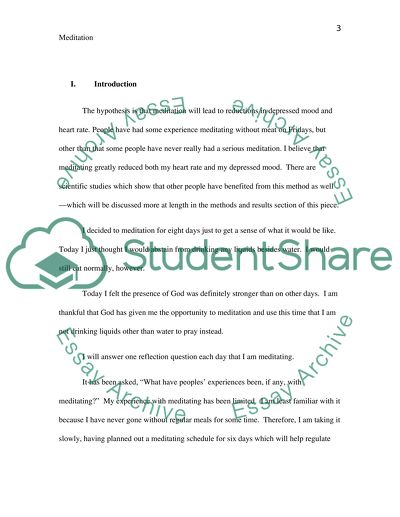Cite this document
(“Is Meditation Associated With Reductions in Depressed Mood and Heart Research Paper”, n.d.)
Retrieved from https://studentshare.org/psychology/1393799-is-meditation-associated-with-reductions-in
Retrieved from https://studentshare.org/psychology/1393799-is-meditation-associated-with-reductions-in
(Is Meditation Associated With Reductions in Depressed Mood and Heart Research Paper)
https://studentshare.org/psychology/1393799-is-meditation-associated-with-reductions-in.
https://studentshare.org/psychology/1393799-is-meditation-associated-with-reductions-in.
“Is Meditation Associated With Reductions in Depressed Mood and Heart Research Paper”, n.d. https://studentshare.org/psychology/1393799-is-meditation-associated-with-reductions-in.


